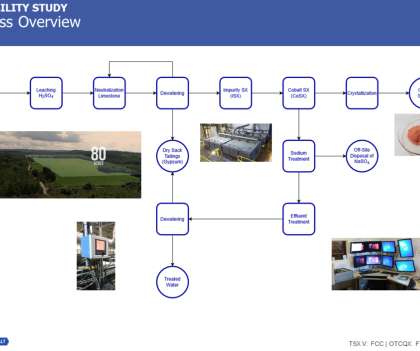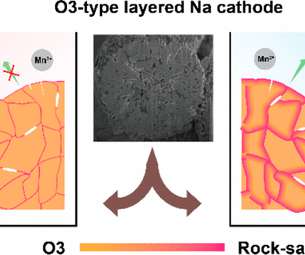Drexel team develops stable Li-S battery with carbonate electrolyte
Green Car Congress
FEBRUARY 14, 2022
sulfur phase within carbon nanofibers that enables successful operation of Lithium-Sulfur (Li-S) batteries in carbonate electrolyte for 4000 cycles. Carbonates are known to adversely react with the intermediate polysulfides and shut down Li-S batteries in first discharge. sulfur and its application in Li-S batteries.






























Let's personalize your content